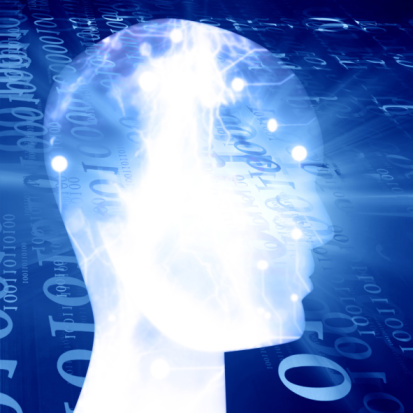 Everyone generally accepts the fact – albeit with dread – that as they get older, their memory will start to decline. The brain is a fascinating machine, but it starts to break down as we age. However, a recent breakthrough in neuroscience suggests that age-related memory loss may no longer be a terrible inevitability after all. One little subunit in the brain was found to hold the key to strong memory, and with it, the potential to maintain this cherished cognitive ability, even as we reach our golden years.
Everyone generally accepts the fact – albeit with dread – that as they get older, their memory will start to decline. The brain is a fascinating machine, but it starts to break down as we age. However, a recent breakthrough in neuroscience suggests that age-related memory loss may no longer be a terrible inevitability after all. One little subunit in the brain was found to hold the key to strong memory, and with it, the potential to maintain this cherished cognitive ability, even as we reach our golden years.
Scientific Breakthroughs Provide Insight Into Better Memory
The brain is probably the most complex part of the human body, and the truth is that doctors and neuroscientists still only understand a fraction of what goes on in the brain. Science has been making huge strides of progress into the chemistry and function of the brain, and breakthroughs in neuroscience are being made every year.
Advertisement
One of the latest and most exciting advances was the use of a virus to carry special subunits into the NMDA – a receptor in the brain that is responsible for controlling your memory. The NMDA has long been known to play a huge role in your ability to learn and remember things, but it is a receptor that is usually turned off. It takes a very strong stimulus to turn this receptor on, which means that it takes something big to make you remember things. This is why you may remember a traumatic accident you had as a child, while what you ate for dinner yesterday may have simply slipped your mind.
The NMDA is composed of a number of subunits, and the GluN2B subunit is one of the most important — at least in terms of memory and recall. Children have a lot of these GluN2B subunits, which is why they are able to learn so much so quickly. Children learn to move, walk, and talk within just a few short years, and it’s all thanks to these GluN2B subunits.
However, as infants grow into children – and eventually into their teenage years and adulthood – the number of these special subunits dwindles. This is why it gets harder and harder to memorize and remember things as you get older, as there are fewer of these subunits to make the connections in your brain. This makes your brain work harder, making remembering things more exhausting as you age.
For those who are trying to keep their brains sharper with age, there are a number of things that experts recommend, including forming new habits, learning new things, absorbing information daily, doing exercise, spending more time in social activities, and eating foods that promote healthy brain function. All of these things are designed to keep the brain’s remaining GluN2B subunits functioning properly and firing on all cylinders.
Better Memory with GluN2B
Advertisement
A recent study at Oregon State University’s Linus Pauling Institute discovered that it is possible to increase the number of GluN2B subunits in the body – thanks to a virus that carries complementary DNA into the brain cells that are home to these subunits. The study was conducted on mice, and the genetic therapy used to increase the number of GluN2B subunits in their brains succeeded in increasing their cognitive abilities and improving their memories.
Human brains may be a lot more complex and powerful than those of mice, but the success of this test may just be the key to providing scientists with the data needed to find a cure for memory loss. If there was a way to increase the number of GluN2B subunits in the human brain, it would help to replace all of the subunits that have been lost over the years. With more of these subunits in the brain, it would make memory and recall much easier – even for those that are much older. While it won’t help to replace lost memories, it will provide a way to store new information without as much difficulty.
To learn more about improving your cognitive functions and memory, click here.
